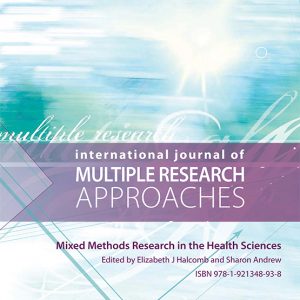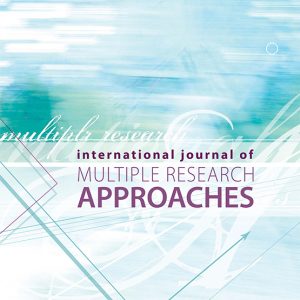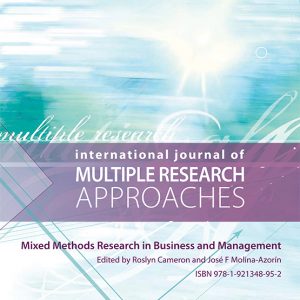5(1).04. Can focus groups be used for longitudinal evaluation? Findings from the Medellin early prevention of aggression program
$30.00
Description
Can focus groups be used for longitudinal evaluation? Findings from the Medellin early prevention of aggression program
MICHAEL UNGAR
School of Social Work, Dalhousie University, Halifax, NS, Canada
LUIS F DUQUE
School of Public Health, University of Antioquia, Medellin, Colombia
DORA HERNANDEZ
University of Antioquia, Medellin, Colombia
ABSTRACT
As part of a longitudinal evaluation of a violence prevention program in Medellin, Colombia, researchers used focus groups to explore participants’ perceptions of their experience during the program and to help analyse outcome data 4 years later. A quasi-experimental multi-year evaluation of the Medellin early prevention of aggression program showed statistically significant associations between program participation among children aged 3–9, their families, and teachers, and patterns of prosocial behaviour, non-violent parenting practices, and less severe teacher discipline. Focus group participants (parents, teachers, and children) selected through stratified random sampling were inconsistent in their capacity to recall program characteristics that contributed to intervention fidelity, sustainability, and individual and family outcomes. The difficulties and benefits of employing focus groups to help interpret quantitative longitudinal research findings are discussed.
Keywords: prevention of aggression, focus groups, longitudinal research, social program evaluation, parents and caregivers, educators, children



